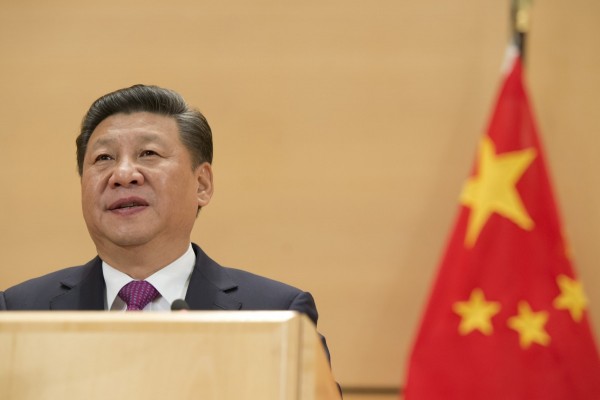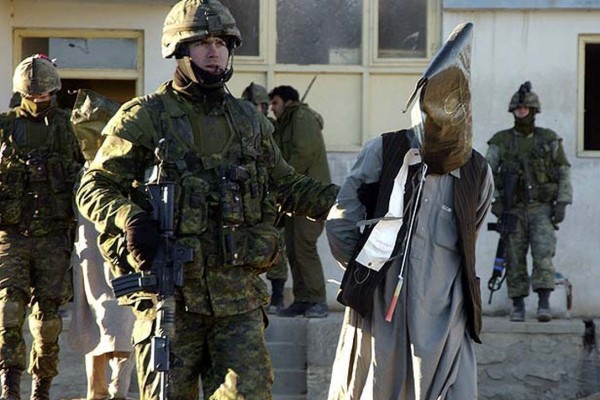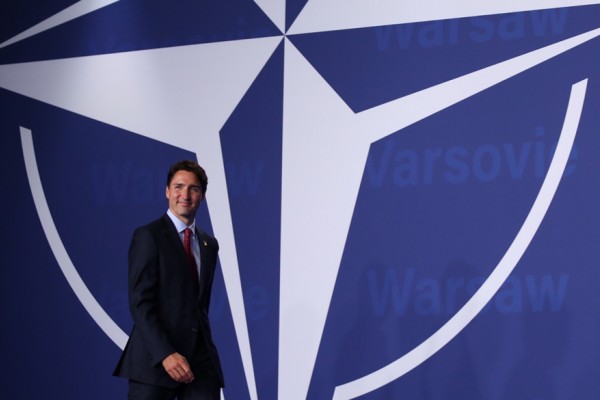76 years after Hiroshima bombing, time for a nuke-free world is now
Trudeau government says it supports nuclear disarmament, but its actions tell a different story

A huge expanse of ruins left after the explosion of the atomic bomb in Hiroshima. Photo courtesy AP.
The Trudeau government says it supports nuclear disarmament, but its actions tell a different story.
Seventy-six years ago Friday, the United States military dropped an atomic bomb on the Japanese city of Hiroshima resulting in 140,000 deaths. Three days later the US Air Force dropped a different type of nuclear weapon on Nagasaki. Around 40,000 people were killed instantly. Tens of thousands of others died in the aftermath.
Those who justify the use of atomic weapons on human populations continue to frame what took place 76 years ago as having saved American lives by quickly ending the war with Japan. This ignores the reality that Tokyo had already been largely destroyed and had delivered multiple pleas for a surrender agreement. War historians note that the nuclear bombings served in part as a warning to the Soviet Union about US military capabilities amidst post-war negotiations.
Canada was not an innocent bystander in this military action, devoting significant resources to researching atomic weapons. Uranium from the Northwest Territories was also used in these nuclear arms. When the bomb was dropped on Hiroshima, Canada’s Minister of Munitions and Supply, C.D. Howe, immediately praised the military action. “It is a distinct pleasure for me to announce that Canadian scientists have played an intimate part, and have been associated in an effective way with this great scientific development,” he told the press.
After developing the nuclear technology, the US submitted its proposal to bomb Japan to the Combined Policy Committee, which included Howe. While there is no record of Howe’s comments at the July 4, 1945 committee meeting, the powerful Canadian minister likely supported the US proposal. Reflecting his racism, Prime Minister Mackenzie King wrote in his (uncensored) diary, “it is fortunate that the use of the bomb should have been upon the Japanese rather than upon the white races of Europe.”
The Combined Policy Committee grew out of the Québec Agreement that merged US and UK nuclear weapons programs. Signed in Québec City in August 1943, the accord constrained atomic weapon use and information sharing. While Ottawa didn’t formally sign the secret agreement, Canada was represented on the Combined Policy Committee because of its significant role in atomic weapons research.
Canada’s contribution to nuclear weapons didn’t end with the destruction of Hiroshima and Nagasaki. For years Canadian fighter jets stationed in Europe were loaded with atomic bombs. Nuclear-tipped US Bomarc missiles were also based in Canada. In 1954 Ottawa supported NATO’s adoption of nuclear weapons. According to NATO’s current doctrine, “nuclear weapons are a core component of the Alliance’s overall capabilities.” As part of NATO’s nuclear sharing policy, US nukes are stationed in Turkey, Belgium, Italy, Germany and the Netherlands.
The Liberals 2017 defence policy, dubbed “Strong, Secure, Engaged,” makes two dozen references to Canada’s commitment to the nuclear-armed NATO alliance. But the strategy paper also ignores the threat nuclear weapons pose to human survival (North Korean nuclear weapons are mentioned once).
Nuclear weapons constitute one of the most serious threats facing humanity. Nuclear explosions over cities could quickly kill tens of millions. The detonation of just one percent of the 13,400 nuclear weapons in the world could disrupt the global climate and threaten billions with starvation in a nuclear famine.
While Prime Minister Justin Trudeau claims to support nuclear disarmament, his government’s track record says otherwise. It voted against holding the 2017 UN Conference to Negotiate a Legally Binding Instrument to Prohibit Nuclear Weapons, Leading toward their Total Elimination. 123 states voted in favour of the conference and 38 states were against. The Liberals also declined to send representatives to that meeting and have failed to sign onto the resulting UN Treaty on the Prohibition of Nuclear Weapons (TPNW), which entered into force in January. Last November Canada voted against 118 UN member states that reaffirmed their support for the TPNW.
The NDP, Greens and Bloc Québécois have all called on Canada to adopt the TPNW. Some Liberal and Conservative MPs, as well as thousands of Canadians, have also called on Canada to adopt the UN Treaty on the Prohibition of Nuclear Weapons. According to an April 2021 Nanos poll, 55 percent of Canadians “support” and 19 percent “somewhat support” signing the TPNW. Only nine percent of those polled said it was acceptable for countries to have nuclear weapons for protection.
Setsuko Thurlow, a survivor of the atomic bombing of Hiroshima and recipient of the 2017 Nobel Peace Prize on behalf of the International Campaign to Abolish Nuclear Weapons, launched a petition last year to coincide with the 75th anniversary of the destruction of Hiroshima. The appeal called on the government to “acknowledge Canada’s contribution to building the first atom bombs, express regret for the deaths and suffering they caused, and sign the United Nations Nuclear Ban Treaty.”
If the federal government is serious about supporting nuclear disarmament this is the least it can do.
Bianca Mugyenyi is an author, activist and director of the Canadian Foreign Policy Institute. She is based in Montréal.










